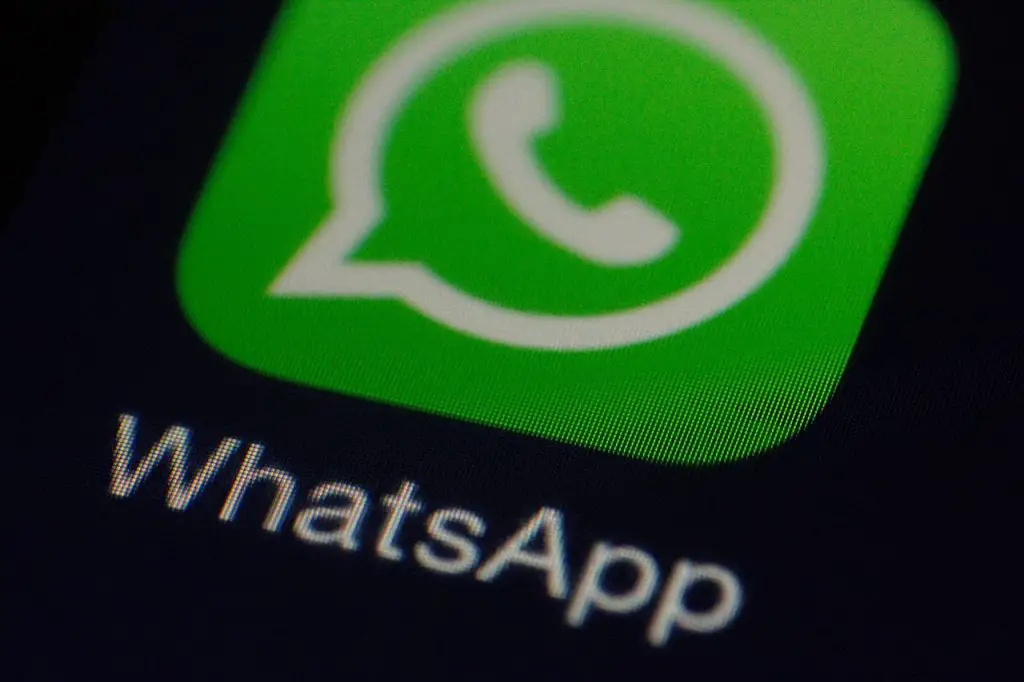
On Tuesday, Iranian state television issued a public advisory urging citizens to immediately uninstall WhatsApp from their smartphones. Anchors claimed the application was allegedly transmitting user data to Israel—though no technical evidence was presented to support the assertion.
WhatsApp swiftly denied the accusations, dismissing them as false and voicing concern that such claims might be used as a pretext to block the service. Company representatives emphasized that the messenger employs end-to-end encryption, which ensures that not even WhatsApp itself can access the content of users’ messages.
“We do not track users’ precise locations, we do not log who communicates with whom, and we do not store message content. We do not provide mass data access to any governmental authorities,” the official statement read.
Nevertheless, experts note that certain types of data—excluding message content—may still be accessible. Gregory Falco, an assistant professor of engineering at Cornell University and a cybersecurity specialist, explained that this pertains to metadata, which WhatsApp does not encrypt.
Such metadata might include, for example, the time and frequency of app usage, which can yield indirect insights into user behavior. This vulnerability has been a recurrent source of criticism directed at the platform.
Another reason for skepticism, Falco added, lies in the issue of so-called “digital sovereignty.” Even if data is encrypted, the servers processing it may be physically located outside the country. It is entirely plausible, he noted, that data from Iranian users is handled beyond the jurisdiction of Iran.
“Nations are finding it increasingly difficult to place trust in globally managed data infrastructures. Today, it is imperative that data be stored and processed domestically, using national cryptographic standards,” the expert stated.
WhatsApp is owned by Meta Platforms, which also operates Facebook and Instagram—both of which have long been banned in Iran. Despite intermittent disruptions, WhatsApp has remained one of the few relatively stable communication channels in the country. During the mass protests of 2022, access to the messenger and Google Play was officially blocked, with restrictions lifted only toward the end of 2024. Nonetheless, even after partial unblocking, many Iranians continue to rely on VPNs and proxy services to circumvent filters, as government-imposed restrictions on foreign platforms remain unpredictable.


